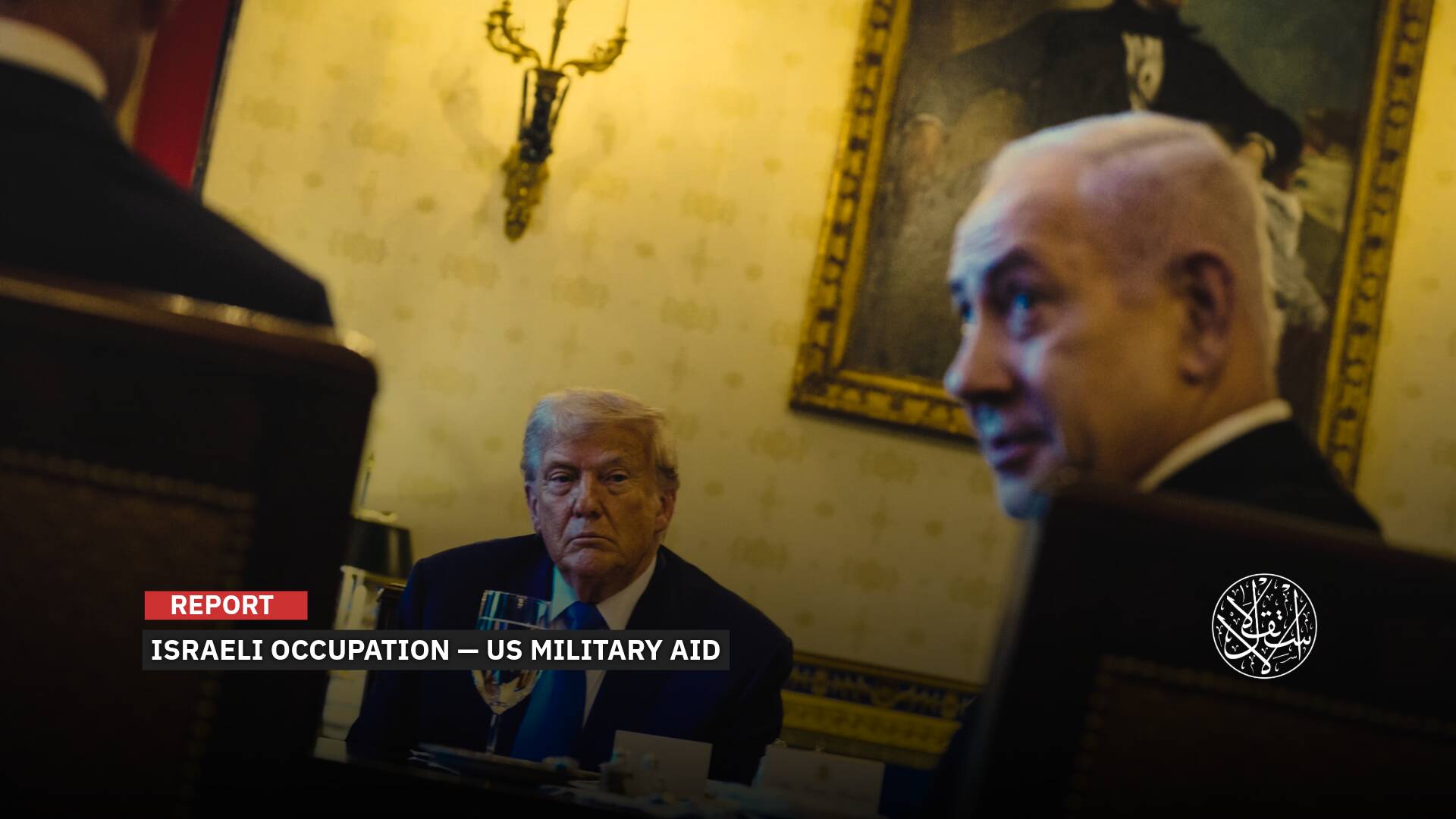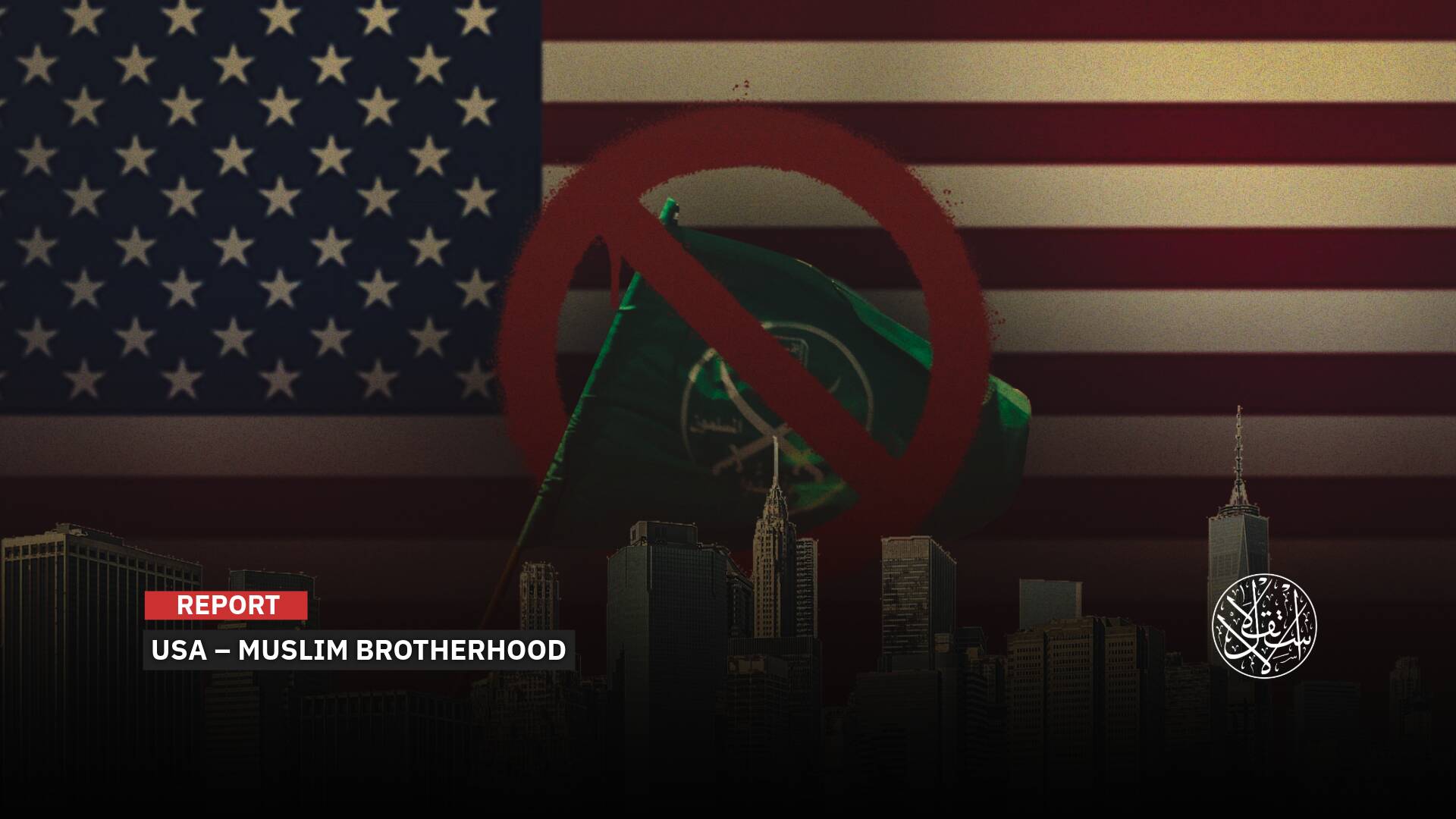U.S. Warnings: Why Saudi Arabia’s ‘Scopa’ Ignite Washington’s Anger?

Scopa, the Saudi defense company, abruptly halted all of its operations in favor of the United States after the company’s parent group, Ajlan & Bros, chose to align with Russian and Chinese companies.
On February 26, 2023, Scopa, owned by Ajlan & Bros, closed its branch in the United States, which was established specifically to work on manufacturing military equipment in Saudi Arabia.
The crisis began when the Deputy Chairman of the Group, Mohamed Abdulaziz al-Ajlan, started laying off his American employees, most of whom were retired high-ranking officers working as consultants for the Saudi company. This move has caused a crisis that has been brewing for several months between Riyadh and Washington concerning defense partnerships.
This was evident when Scopa’s Saudi agents completely ignored the U.S. consultants during the IDEX exhibition in Abu Dhabi held from February 20 to 24, 2023.
Origin of the Conflict
On March 7, 2023, Intelligence Online published a report on the U.S. warning the Saudi company Scopa about heading toward Moscow and Beijing. The origin of the dispute dates back to the continuous rapprochement of the Saudi company with Russian and Chinese defense companies subject to U.S. sanctions, despite repeated warnings from Washington.
In 2021, the chairman of the newly established company (Scopa), Mohamed Abdulaziz al-Ajlan, launched TAL in collaboration with the Chinese defense sector. Shortly after the Russian invasion of Ukraine, al-Ajlan also established Sepha, which focused on collaboration with Moscow and entrusted its management to Eduard N. Kukharchuk, the former business development director of the Kremlin’s electronic warfare contractor Concern Granit-Electron.
According to the French magazine, in November 2022, Ajlan & Bros group crossed the red lines when they brought the three companies together (Scopa – TAL – Sepha) under one defense and intelligence group headed by the former strategic director of the Saudi Ministry of Defense, Fawaz al-Akeel.
Alakeel wanted the three entities to pool their resources, but this raised the ire of the U.S., which was concerned about potential industrial espionage on NATO defense platforms and systems, that Scopa was interested in buying.

Agreements and Partnerships
The Intelligence Online said that the straw that broke the camel’s back between the United States and Europe, on the one hand, and Saudi Arabia, on the other hand, was represented by Sepha and TAL’s secret partnerships with Russian and Chinese companies that may be subject to sanctions.
It persuaded many American executives to resign from the Saudi group, as later the U.S. Office of Foreign Assets Control and the U.S. Department of State’s Directorate of Defense Trade Controls informed those advisers about the details of the Riyadh relationship with Chinese and Russian companies.
As for the fate of Scopa in France and Europe, it is still unclear, as the company’s chief technology officer, Faisal bin Dos, a Frenchman of Saudi origin, remains in his position.
Before the current crisis, the company was in the process of building a team of Western consultants, and retired French Vice Admiral Bernard Vieilly joined it.
But, according to the French magazine, Scopa’s agreements, which delegated American manufacturers such as Raytheon and L3 Harris, reached a dead end.
Meanwhile, things may go the same way with French companies Airbus, Thales, and Nexter, Italian weapons company Beretta, and British U-TacS for drones.

Scopa Company
Scopa, which caused the recent crisis with Washington, is a military industry company and one of the leading defense companies in Saudi Arabia. It is 100% owned by Ajlan & Bros Group, and was established in 2020.
According to the company’s official website, it directly contributes to the Strategic Plan for Vision 2030, launched by Crown Prince Mohammed bin Salman.
The company’s primary goal is to support local military industries, modernize the Saudi Armed Forces, and access the global defense and security market in partnership with major international companies.
Scopa specializes in defense products and has entered into partnerships to provide multiple combat systems, such as marine applications, integrated air defense, cybersecurity, and intelligence systems.
Initially, its reliance was on cooperation with the United States, the European Union, and the North Atlantic Treaty Organization (NATO), and now it has strengthened its cooperation with Russia and China.
Scopa is led by Mohammed bin Abdulaziz al-Ajlan, a close associate of Mohammed bin Salman, who is the Vice Chairman of the Board of Directors of the Ajlan & Bros Group, which owns Scopa.
Al-Ajlan, who was tasked with bringing Saudi Arabia closer to China and obtaining defense contracts from it, personally heads the Saudi–Chinese Business Council.
Since 2020, he has received many awards and accolades from the Chinese government in recognition of his efforts to enhance military cooperation between Riyadh and Beijing.

Riding the Waves
The rapprochement between Saudi Arabia, China, and Russia comes amid escalating tensions between Riyadh and Washington.
While there is noticeable tension in relations between the United States and its traditional ally Saudi Arabia, China is trying to ride the waves to expand its economic and military influence in one of the most powerful countries within the OPEC organization, according to Bloomberg, on October 15, 2022.
The agency added that the economic relationship between Washington and Riyadh has not always been smooth, and it has withstood several obstacles for over a century, while the only change is China’s attempt to jump to achieve its economic dominance.
The U.S. agency stated that with the widening gap between the United States and Saudi Arabia, China has sought to deepen its relations not only with Saudis but also with economies across the Gulf region.
It talked about the possibility of a major geostrategic reassessment between Washington and its allies in the Middle East, specifically Saudi Arabia.
The agency highlighted the extent of the differences between Saudi relations with China and the United States.
One of its landmarks is that while U.S. President Joe Biden talks about a battle between absolute rule and democracy and issues such as respecting human rights and freedom of press and expression, China does not have an agenda that would upset Riyadh in this regard specifically.
On the contrary, Beijing, in addition to Russia, the traditional rival of the United States, provides all possible services to Saudi Arabia, considering it one of the poles of the Middle East and one of its most prominent powers there.

A Turning Point
The increasing Saudi shifts towards China and Russia, and their entry into sensitive sectors such as defense and intelligence, have led to predictions about the future of those relationships on two levels: first, the trend towards those poles, and second, the shift away from the United States, the historical ally of the kingdom.
Researcher Omar Hilal of Istanbul Aydin University spoke about these shifts, saying: “It began with the United States itself and not the Kingdom, as the contract between the two countries began in 1945 with the historic meeting between former U.S. President Franklin D. Roosevelt and the founder of the Kingdom, King Abdulaziz Al Saud.”
At that time, the summary of the meeting was oil in exchange for protection and survival, which Washington committed to and Riyadh accepted, and the situation continued as it was for successive decades.
He added: “But the transformations and disturbances began between them years ago, and we can say that major changes occurred during the last Biden era, starting with human rights criticisms of the Kingdom, especially since the Khashoggi murder, which, although reduced, represented a rift.”
Saudi journalist Jamal Khashoggi was killed in his country’s consulate in Istanbul on October 2, 2018, and Washington accused Crown Prince Mohammed bin Salman of giving orders and being involved in his assassination through the Central Intelligence Agency.
Hilal continued: “The most important thing is the end of Washington’s support for Saudi Arabia’s war on Yemen, as well as an attempt to stop the export of weapons to Riyadh, during a project that was presented to Congress in 2021, and although it was not passed, it sent a clear threat signal to the Saudi regime.”
The Middle East researcher spoke about how these tumults and disturbances were taking place while China and Russia were quietly infiltrating into the heart and mind of the Saudi kingdom, specifically the man in control of everything, Mohammed bin Salman.
He said: “This was evident through the kingdom’s quest to manufacture ballistic missiles relying on Chinese capabilities, and through the increasing arms deals with Moscow, and the beginning of Saudi armament relying on diverse countries such as Russia, China, and France after it was similar to being monopolized by Washington, and now Saudi defense companies are accelerating in concluding deals with Chinese counterparts.”
Sources
- Scopa turns away from US and towards Moscow and Beijing, OFAC warned
- Message from the Chairman
- An exclusive report on Scopa, a subsidiary of Ajlan & Brothers Holding Group, participating in the Defense Exhibition [Arabic]
- Saudi Arabia and China: |The limits of partnership in a turbulent world [Arabic]
- Economist / Scopa Military Industries, the main partner of the Global Defense Exhibition 2024 [Arabic]
- How Biden Lost Saudi Arabia











